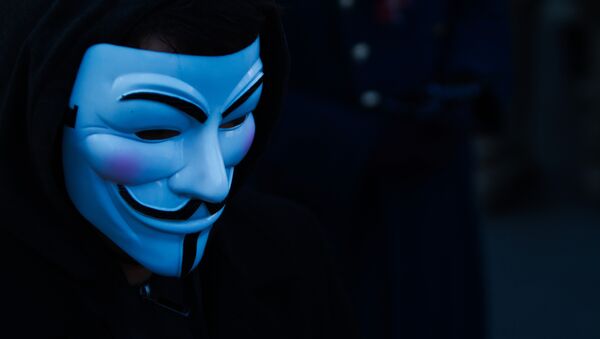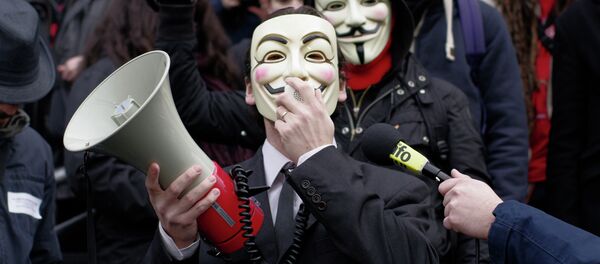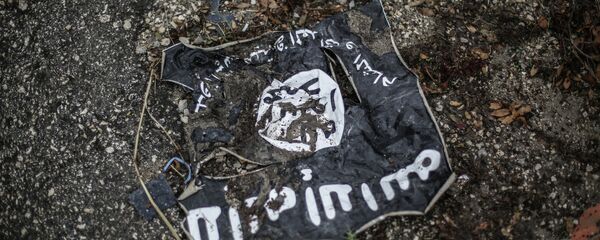"CloudFlare is by far the largest offender on this list and they have been made aware of the specified content they are protecting," said the statement released by GhostSec faction of Anonymous, in their campaign #OpISIS, launched to disrupt the self-proclaimed Islamic State’s online operations.
Exposing IS-affiliated websites and web hosts, Anonymous and its factions expressed concern that the sites are being used to disseminate IS propaganda, serving as a source of recruitment and a communication platform for the terrorist group.
Many of the websites listed do not appear to have an affiliation with extremist groups, but when Anonymous informed companies that their platforms were being used by IS-affiliated actors, most acted immediately.
"We take matters like this very seriously and actively remove websites such as this, that breach our acceptable use policy as soon as we are made aware of them," Frank Tighe, chief technology officer of Hyperslice, told IBTimes UK. "The offending website has now been removed."
— DIGITΛSHΛDØW (@DigitaShadow) April 8, 2015
But CloudFlare took a different tack.
"Individuals have decided that there is content they disagree with but the right way to deal with this is to follow the established law enforcement procedures. There is no society on Earth that tolerates mob rule because the mob is fickle," Matthew Prince, co-founder and CEO of CloudFlare, told IBTimes UK.
CloudFlare does not host the content of the websites, so blocking its service will have no effect on the content. It merely protects sites from malicious traffic and cyber threats, and attacks from Anonymous.
"We're the plumbers of the internet," Prince said. "We make the pipes work but it's not right for us to inspect what is or isn't going through the pipes. If companies like ours or ISPs (internet service providers) start censoring there would be an uproar. It would lead us down a path of internet censors and controls akin to a country like China."
Anonymous has heavily criticized CloudFlare’s position on the matter, pressing it to be accountable for what it calls "less than ethical business practices."
In their #OpISIS campaign, the hacktivist group has accused CloudFlare of encouraging illegality by allowing criminals to hide behind their servers.
"I don't approve of this because DoS attacks are illegal," Daniel Brandt, founder of CrimeFlare said. "On the other hand, CloudFlare is notoriously arrogant and unresponsive to legitimate complaints, and I understand why some OpIsis supporters feel that they have to resort to this."
Prince maintains that CloudFlare service can only be cancelled by a court of law.




